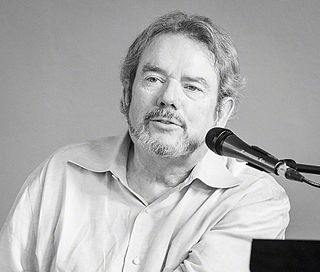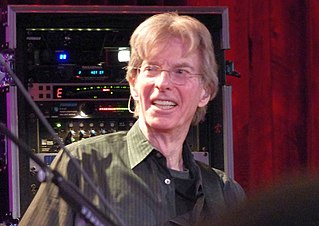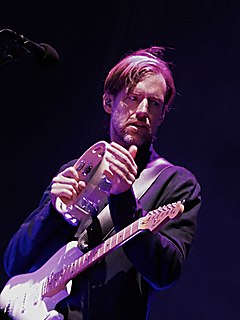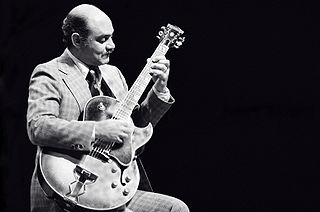A Quote by Mahatma Gandhi
... there are chords in every human heart. If we only knew how to strike the right chord, we would bring out the music.
Related Quotes
I ask but one thing of you, only one, That always you will be my dream of you; That never shall I wake to find untrue All this I have believed and rested on, Forever vanished, like a vision gone Out into the night. Alas, how few There are who strike in us a chord we knew Existed, but so seldom heard its tone We tremble at the half-forgotten sound. The world is full of rude awakenings And heaven-born castles shattered to the ground, Yet still our human longing vainly clings To a belief in beauty through all wrongs. O stay your hand, and leave my heart its songs!
Even if chords are simple, they should rub. They should have dissonances in them. I've always used a lot of alternate bass lines, suspensions, widely spaced voicings. Dfferent textures to get very warm chords. Sometimes you're setting up strange chords by placing a chord in front of it that's going to set it off like a diamond in a gold band. It's not just finding interesting chords, it's how you sequence them, like stringing together pearls on a string. ... Interesting chords will compel interesting melodies. It's very hard to write a boring melody to an interesting chord sequence.
I think whatever we've done as a band at The Clientele, we've done because it's so natural. Our "old" sound isn't really like any actual bands from old times. We take elements of past music styles and past sounds as a way to... this is going to sound very pretentious and perhaps overly thought-out, but as a way to strike chords of vague nostalgia, and strike chords of, "I've heard this before somewhere." That's what a lot of our music is about in terms of the words and ideas behind it, so we really use old sounds as a way to serve that agenda.
Instead of thinking in terms of chords, I think of voice-leading; that is, melody line and bass line, and where the bass line goes. If you do that, you'll have the right chord. [These voices] will give you some alternatives, and you can play those different alternatives to hear which one suits your ear. Keep the bass line moving so you don't stay in one spot: if you have an interesting bass line and you roll it against the melody, the chords are going to come out right.
I knew from the start that I wanted my life to be about music. I taught myself the notes of the piano aged three, and then I spent the next few years deconstructing chords to figure out how to play them. At 11, I researched online the sort of music school I wanted to attend, printed out the details, and handed them to my parents.
... We borrowed it all from Coltrane. I started encouraging everybody in the band to listen to John Coltrane - 'Check it out, see what these guys do.' They take one chord, the tonic chord, and just play all over it. 'We can do that too!' I wanted to make our music something really amazing - I wanted it to be jaw-dropping and turn on a dime and do all of those things that I knew music could do, and nobody told us we couldn't do it. I shouldn't say 'I,' though - Jerry Garcia was behind it the whole way.
When I was 12 or 13, my dad taught me a couple of different chords, and once I learned chords, I never learned to read music, but I learned tablature, like a lot of kids do, and I learned songs that had the chords I knew. It took me a long time to understand the upstroke of picking and strumming, but once I did, it all fell into place.
My father would say, 'Play a scale,' and I'd play one and he'd say, 'What about the rest? There must be one above,' so we'd figure them out. I'd start the scale on the root of the chord and I'd go as far as my hand would reach without going out of position, say, five frets, and then I'd go all the way back. So when ! practised I'd start right away on scales. As well as the usual ones, I'd play whole tone scales, diminished, dominant sevenths, and chromatic scales. Every chord form, all the way up, and this took an hour.










































